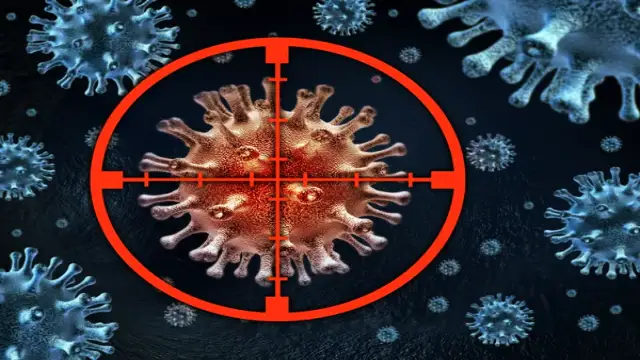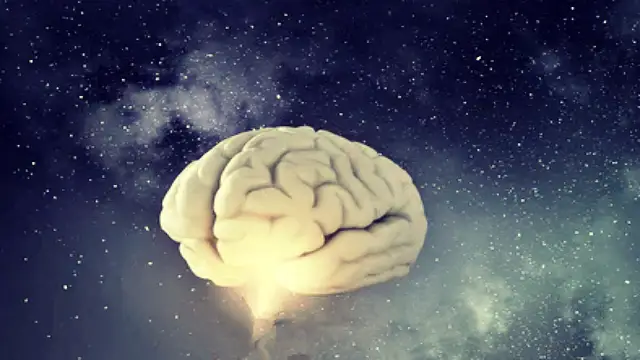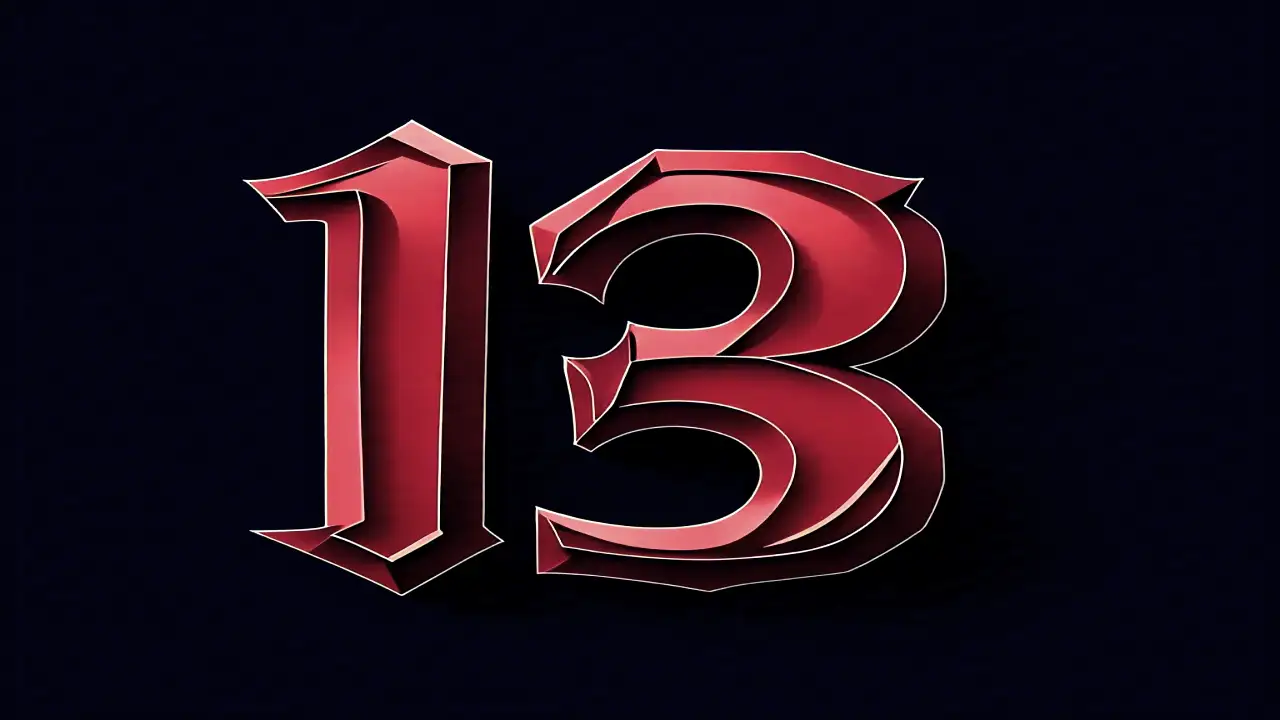Traditional Chinese medicine is a complete system of medicine that combines the use of acupuncture, Chinese herbs, food therapy, acupressure, and massage. Health is thought to depend on the balanced flow of energy, or “qi”, through the body.
Key Points
Traditional Chinese medicine is a system of medicine that originated in China thousands of years ago. Often referred to as “TCM,” traditional Chinese medicine is now practised alongside Western medicine in many of China’s medical facilities. However, in the United States, traditional Chinese medicine is considered a form of alternative medicine.
Theories in Traditional Chinese Medicine.
Rooted in a philosophy known as Taoism, traditional Chinese medicine is based on the theory that all of the body’s organs mutually support each other. Therefore, in order to be healthy, an individual’s organs (and their functions) must be in balance. This balance is attained, in part, by harmonising yin and yang, two opposing but complementary energies thought to affect all life.
Another theory in traditional Chinese medicine is that vital energy (called “qi” or “chi”) flows throughout the body via certain pathways (or “meridians”). According to this theory, disease and other emotional, mental, and physical health problems develop when qi becomes blocked. Restoring the flow of qi is considered essential to balancing the yin and yang and, in turn, achieving wellness.
How Does Traditional Chinese Medicine Work?
There are many different therapeutic practises involved in traditional Chinese medicine. Since traditional Chinese medicine emphasises individualised treatment, healing methods vary widely from patient to patient. These methods often include:
- Acupuncture
- Acupressure
- Moxibustion (burning an herb near the skin)
- Herbal medicine
- Nutrition
- A type of Chinese massage known as “tui na”
- Exercises such as tai chi and qi gong
Herbs in Traditional Chinese Medicine
Rather than prescribing specific herbs, practitioners of traditional Chinese medicine typically combine a number of different herbs informulas selected depending on the patient’s individual needs. These formulas may be given as teas, capsules, tinctures, or powders.
Herbs commonly used in traditional Chinese medicine include:
- Astragalus
- Ginkgo biloba
- Rice with red yeast
- Cinnamon
- Ginseng
- Gotu kola
Diseases Treated in Traditional Chinese Medicine
To date, Western scientists have not extensively studied the use of traditional Chinese medicine in the treatment of specific health problems.
However, traditional Chinese medicine is thought to be helpful for the following conditions:
- Allergies
- Alzheimer’s disease
- Arthritis
- Asthma
- Back pain
- Chronic pain
- Depression
- Diabetes
- High cholesterol
- Insomnia
- Irritable Bowel Syndrome
- Menopausal symptoms
- Obesity
- Parkinson’s disease
Should You Use Traditional Chinese Medicine?
If you’re considering the use of traditional Chinese medicine, it’s important to work with a qualified practitioner. You should not attempt to self-treat with traditional Chinese medicine. Furthermore, the National Center for Complementary and Alternative Medicine recommends researching published studies on the use of traditional Chinese medicine for the health condition that interests you, as well as consulting your doctor about your use of traditional Chinese medicine.






















